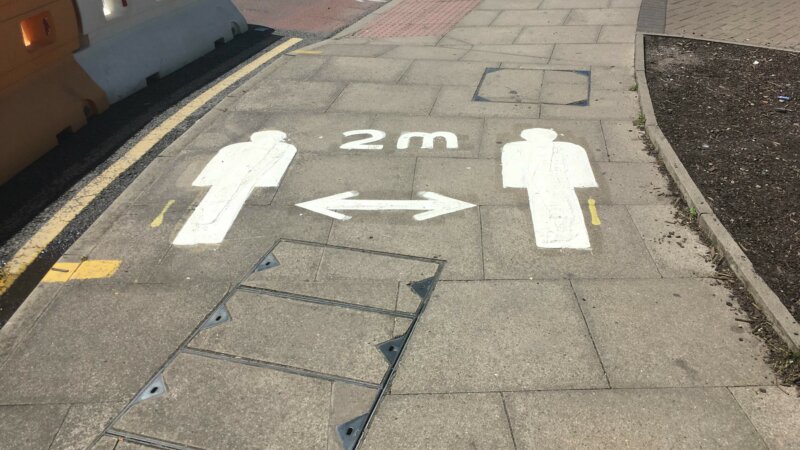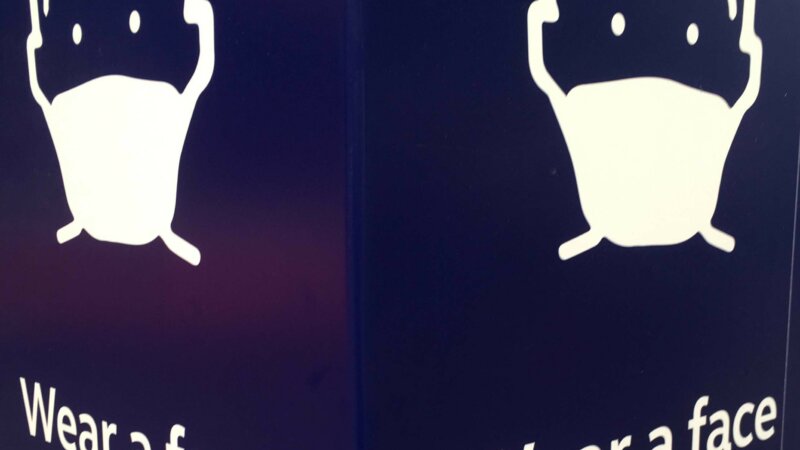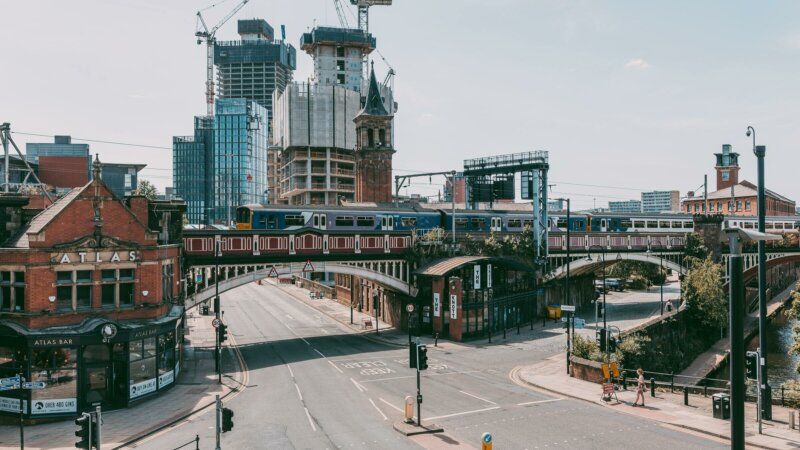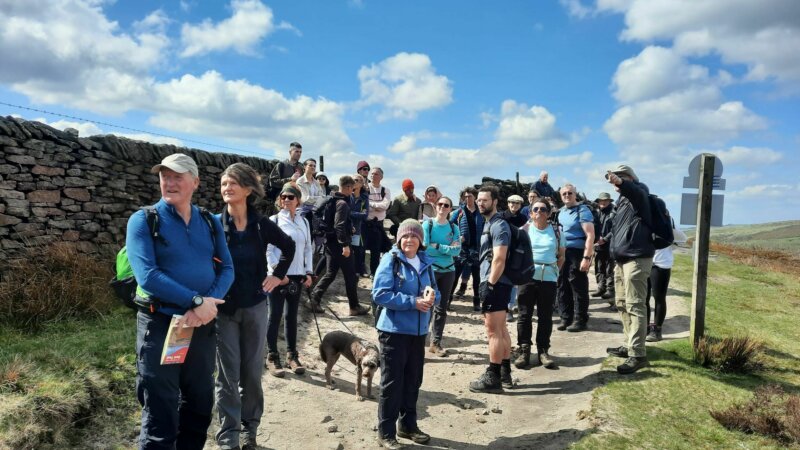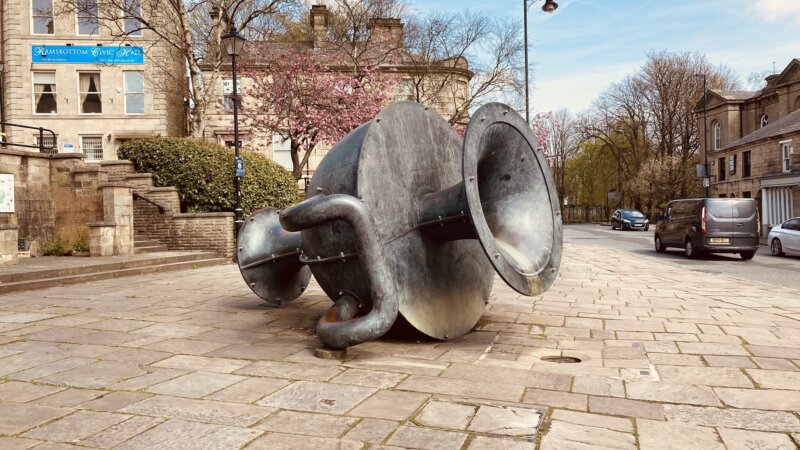Labour Loses Leigh: A Gruesome Political Post-Mortem
The Diagnosis
In the December election last year, Greater Manchester returned five more Tory MPs, all at the cost of Labour. The seats of Heywood and Middleton, Bury North, Bury South, Bolton North East, and Leigh all provided Manchester with a local example of a trend which swept through the nation on election night – that of so-called ‘traditional’ or ‘heartland’ Labour voters swinging behind the Tories for the first time in a generation.
On the steps of Downing Street in his victory speech, Prime Minister Boris Johnson thanked such people directly, stating he was aware of “those whose pencils may have wavered over the ballot. And who heard the voices of their parents and grandparents whispering anxiously in their ears.”
This confession admits to the shaky, almost unbelievable set of circumstances which led, especially, to a constituency such as Leigh electing a Tory MP. Leigh had been represented by Labour since 1922 and by Liberal MPs for the 40 years before that, so this would mean that we have to go back to the late 19th century before we find the last Conservative MP for the area.
The 140-year-story of this constituency and its return into Conservative hands can act as an analogy of why the issue of Brexit broke the Labour party in such seats and how it delivered the Prime Minister the most valuable asset any politician can have: a geographic-electoral-paradigm. In other words, a path to victory which has become the new ‘rule’ for how to win an election which will stand until the conditions which made it possible vanish from political importance.
The Symptom
Opinion on the ground and the slowly dominant conventional wisdom being repeated by analysts and columnists and talking heads is that the people of Leigh came to an angry but logical conclusion: ‘they’ all say: “We’ve been Labour for X number of years and what good has it brought us? Time to give the Conservatives a chance.”
From a Labour perspective this ignores three crucial mitigating factors. The Party has represented areas like Leigh for 100 years yet has only been in Government, in power, for approximately 30 years spread unevenly across the 20th and 21st Century – and had working majorities for even less time. Realistically, bringing long-lasting change and meaningful material reform and improvement to millions of people’s lives takes time, will, and consent. Not to mention luck that you are given a deeply gifted crop of representatives with the wits able to bring through such promises.
However, that brings us to the second point. Labour when in power have objectively brought about the most necessary, beneficial, and popular change when it was given longer spells in Government. To name just a few – The NHS, the welfare state (including paid sick leave), the Equal Pay Act for women, abolishing the death penalty, decriminalising homosexuality, a litany of workers’ rights and guarantees, the minimum wage, and the Human Rights Act.
Every single example listed was in one way or another, and to some degree or other, opposed bitterly and belligerently at the time and in some cases for some time after. Labour did bring change and, in some ways, quite literally saved the lives and livelihoods of the people of Leigh and hundreds of communities like it from the gutter of history by giving it a social safety net.
The final factor ignored in the view Labour were complacent in these safe seats was that the new problem to emerge was one Labour could never deal with quickly. Despite representing these communities for decades, they failed to spot when a huge, catch-all, divisive, culture-war topic like Brexit threatened to flatten them up and down the country, as millions of their voters saw it as a way to improve their lives. Brexit became what radio host and journalist James O’Brien termed the “magical unicorn” – something mythical and illusive, an opportunity which people chose to believe in and chose to believe could solve dozens of societal ills in one fell swoop. Belief is a hard thing to shake.
This leads us to how the people in those five now key Conservative constituencies in Greater Manchester have become the most dangerous resource the Prime Minister could have. By ditching their Labour MPs, they suggest they are going for their last attempt at trying to resolve the problems in their communities and resolve Brexit, all in one Parliamentary term. They have merely lent their votes for this one occasion in the hope that Boris Johnson has the silver bullet to slay the Brexit beast.
Cynically, it appears that now, after never being the Party which gets misty-eyed over things like poverty, the Conservatives have found they can exploit the literal inability of Labour to solve all the nation’s problems. The Tories have begun to start promising to tackle a range of issues previously either denied by their own manifesto or omitted entirely from the Tory lexicon, if and only if they were voted in with a huge majority.
What amounts to political racketeering here has shown that perhaps this means a new popular view – only a big majority can solve a big problem – was a powerful message and one which for now has given the Conservatives a greater footing across Manchester, the region, and indeed the Country.
The Disease
By starting off with the view that having a Labour MP meant a constituency was given a bad luck charm, areas like Leigh (and those other seats lost to the Conservatives) decided that by changing who they send to Westminster, they will get something different back from Westminster in return. Although metropolitan regions and the vast working populations that live there were given great protections and advantages by Labour Governments, the electorate’s short political memory meant that despite the good done, they felt there was now nothing left to be achieved.
Leigh is blighted by poverty, and most notably, it is the children of the Constituency who are suffering most. The Council ward in Leigh with the highest percentage of child poverty is Leigh West with 26.5% – not discounting Leigh East 17.2%, Golborne and Lowton East 17.1%, Leigh South 16.5%. All of which have rates of child poverty above the national average.
The new MP for the Constituency is James Grundy, a former councillor for Wigan Metropolitan Borough. In a recent video, the first to be uploaded to his official Facebook account, he stressed that he was, “very proud to say that the first vote [he] cast… was to get Brexit done.” In fact, his campaign material emphasised the “Get Brexit Done” message pushed by the Conservatives in this election. This shows that, on that defining issue for the area which he proudly boasts voted by a margin of two to one to leave the EU, he has already achieved something symbolically monumental.
The former and defeated Labour MP Jo Platt broke her silence to write an article in which she repeated the idea that on the doorstep anger was essentially misplaced, against the EU in 2016 and against Labour in 2019. She writes:
“For years Leigh has been neglected, ignored and betrayed. People there feel anger and resentment, and a lot of it is directed at Labour. As I found throughout the campaign, once you peel off the Brexit and Corbyn plasters, you find a community left powerless and desperate for someone to blame.”
Combining the poverty, desperation, isolation and anger, it becomes unclear whether ‘solving’ Brexit will cure the first item in that list so much as temporarily mask the latter three. But we could over the next five years see Tory backbenchers, when and most importantly if Brexit gets done, actually then having to appeal to their own Prime Minister to invest and lift this forgotten society out of decline.
For the Conservatives will now really have to show what they are made of and have the responsibility for trying to substantially enrich and enhance what were to them previously electorally irrelevant towns. To that end, nobody knows if the swollen Conservative backbenches will now be full of anti-poverty campaigners, bringing a new set of awkward questions to their leaders. Or, conversely, if they will be whipped to remain silent on the very issues which caused the electorate to catapult them into power.
A tide of vitriol lifted a hundred new Tory ships on election night, all on the promise that they – to stretch the metaphor – will sail the shining Brexit sea to new waters and bring about a new Golden Age Utopia that Labour never could. It will cost a lot, something the Conservatives have never been keen on, but the realignment of the Tories as socially conservative/fiscally interventionist, has proved to be a winning combination. The people get to have their Brexit and to eat it too.
Famously, the anthem of Tony Blair’s 1997 landslide election victory was D-Ream’s ‘Things Can Only Get Better’. But what some would argue is the bitter truth underlying the Boris-Brexit victory is that the core message is, regretfully: ‘vote for us – it can’t get any worse’. Politically speaking, communities like Leigh have decided after a century of voting against the Conservatives that, if you can’t beat them, join them.

